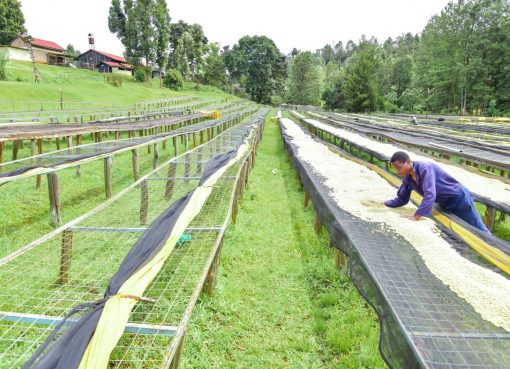The Government is working towards strengthening health systems and promoting local manufacturing of health products and technologies in efforts to reduce cases of Antimicrobial Resistance (AMR).
Health Cabinet Secretary (CS) Susan Nakhumicha said that Kenya is promoting self-sufficiency and reducing the cost of providing safe and quality care and treatment by capitalising on gains made in infection prevention and control during the Covid-19 response.
Nakhumicha, speaking in Nairobi during the Regional Meeting to Review Antimicrobial Stewardship Guidelines, said that Antimicrobial resistance is a global crisis, an urgent and multifaceted challenge that demands our undivided attention.
“Over the past century, antibiotics and other antimicrobial agents have revolutionised healthcare, saving countless lives from infectious diseases. Yet, the misuse and overuse of these life-saving drugs has triggered the rise of resistant strains of bacteria, rendering some treatments ineffective,” explained the CS.
Nakhumicha who is the Chair of the East, Central and Southern Africa Health Community, highlighted that Antimicrobial resistance threatens to reverse the hard-won gains in healthcare and presents a severe threat to sustainable development.
“The Government of Kenya, in recognition of the threat of AMR and in line with the global call, developed a national policy and action plan for prevention and containment of antimicrobial resistance in 2017 and is currently in the final stages of reviewing version 2.0 of the National Action Plan on Antimicrobial Resistance,” said Nakhumicha.
The CS said that the implementation of the first phase of the national action plan has provided valuable lessons and guided the consolidated national efforts to implement sustainable measures to mitigate any further emergence and spread of AMR through a One-Health Approach.
“As we make strides to improve equitable access to medicines including antimicrobials, quality concerns equally need to be addressed regardless of the socioeconomic status of the citizens. This includes access to diagnostics and appropriate antimicrobial treatment, we cannot leave anyone behind in this battle,” said the CS.
Nakhumicha welcomed the delegates representing 16 countries in Eastern and Southern Africa and expressed hope that the teams led by the Africa Centre for Disease Control and Prevention (Africa CDC) and the East, Central and Southern Africa Health Community (ECSA-HC) will come up with concrete strategies to fight against antimicrobial resistance.
The CS said that this being a collective responsibility requires the active participation of healthcare providers, policymakers, pharmaceutical companies, and the public.
“We need to fully comply to standard treatment guidelines, fully implement guidelines on antimicrobial stewardship programs in health care settings, provide resources to sustain these strategies and invest in robust surveillance systems to monitor antimicrobial use and resistance patterns, enabling us to make evidence-based decisions,” said the CS.
She added that reliable data is the bedrock upon which effective strategies are built, explaining that by leveraging on data, they can identify hotspots of resistance, track emerging threats, and assess the impact of interventions.
“We must prioritize public awareness and education. We must engage communities, healthcare professionals, and policymakers to ensure they understand the consequences of misuse and overuse of antibiotics and the impact of AMR,” said Nakhumicha.
By Joseph Ng’ang’a





